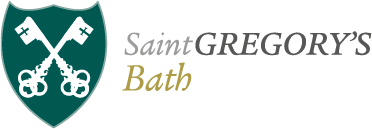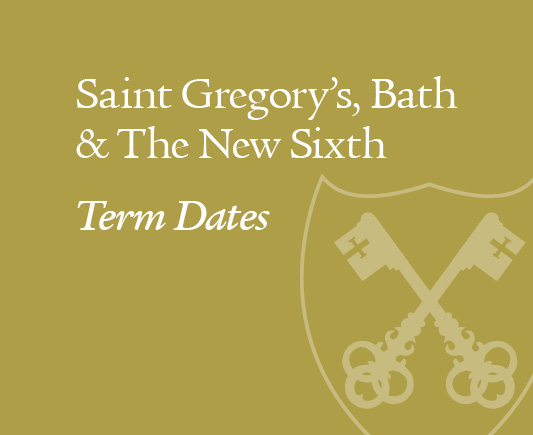Click image to play Loom video
Examination Board AQA 8145
Subject Leader Miss K McFarlane
Exam board link www.aqa.org.uk/subjects/history/gcse/history-8145
Loom Link https://www.loom.com/share/9d65ac1bb98f4b05ba7668f87f77509f
Course Content:
This course is a lively, interesting and challenging opportunity to study History. It encourages the student to explore crucial and controversial issues in a variety of creative ways and closely traces how the past has directly influenced the world today. We aim to help students to acquire knowledge of the past through interesting and varied learning activities. This course is ideal preparation for A Level courses in humanities subjects.
How is the course structured?
This qualification is linear, meaning that students will sit all their exams at the end of the course. The GCSE History course comprises two examination papers and the following four elements:
Paper 1: Understanding the Modern World
A Period Study. Germany, 1890–1945: Democracy and dictatorship.
This period study focuses on the development of Germany during a turbulent half century of change. It was a period of democracy and dictatorship – the development and collapse of democracy and the rise and fall of Nazism. Students will study the political, economic, social and cultural aspects of these two developments and the role ideas played in influencing change. They will also look at the role of key individuals and groups in shaping change and the impact the developments had on them.
Wider World Depth Study. Conflict and tension between East and West, 1945–1972
This wider world depth study focuses on the causes and events of the Cold War and seeks to show how and why conflict occurred and why it proved difficult to resolve the tensions which arose during the Cold War. This study also considers the role of key individuals and groups in shaping change and how they were affected by and influenced international relations.
Paper 2: Shaping the Nation
A Thematic Study: Britain: Health and the people: c1000 to the present day
This thematic study will enable students to gain an understanding of how medicine and public health developed in Britain over a long period of time. It considers the causes and consequences of short and long term developments, their impact on British society and how they were related to the key features and characteristics of the periods during which they took place. Topics include the Black Death, the discoveries of the medical Renaissance, developments in surgery, and the discovery that germs were the cause of disease.
British depth study: Elizabethan England:c1568-1603
This option allows students to study in depth a specified period, the last 35 years of Elizabeth I’s reign. The study will focus on major events of Elizabeth I’s reign considered from economic, religious, political, social and cultural standpoints, and arising contemporary and historical controversies.
This component of the course incorporates the study of a historic environment. Students will be examined on a specific site in depth. This site will be as specified and will be changed annually. The site will relate to the content of the rest of this depth study. It is intended that study of different historic environments will enrich students’ understanding of Elizabethan England.
How is the course assessed?
There are two exams at the end of Year 11
Paper 1: Understanding the Modern World – 2 hrs
50% of GCSE
Paper 2: Shaping the Nation – 2 hrs
50% of GCSE
History Quality Mark – Gold Award
The History Department at St Gregory’s is delighted to announce they have been awarded the Historical Association History Quality Mark (HQM) Gold Award. The Quality Mark is a prestigious award that recognises the excellence of history provision in a school and assess and values the history provision of the teacher, their department and the school and what is being offered to young people.
The Historical Association congratulated the St Gregory’s History Department and commented in their detailed report on the ‘The staff at the school who were unfailingly helpful and passionate’ in providing ‘meticulously’ planned lessons and assessments, leading to ‘Teaching and learning of a very high standard’. The report also praised the ‘broad and balanced curriculum’ on offer for St Gregory’s students in History, especially at GCSE.







